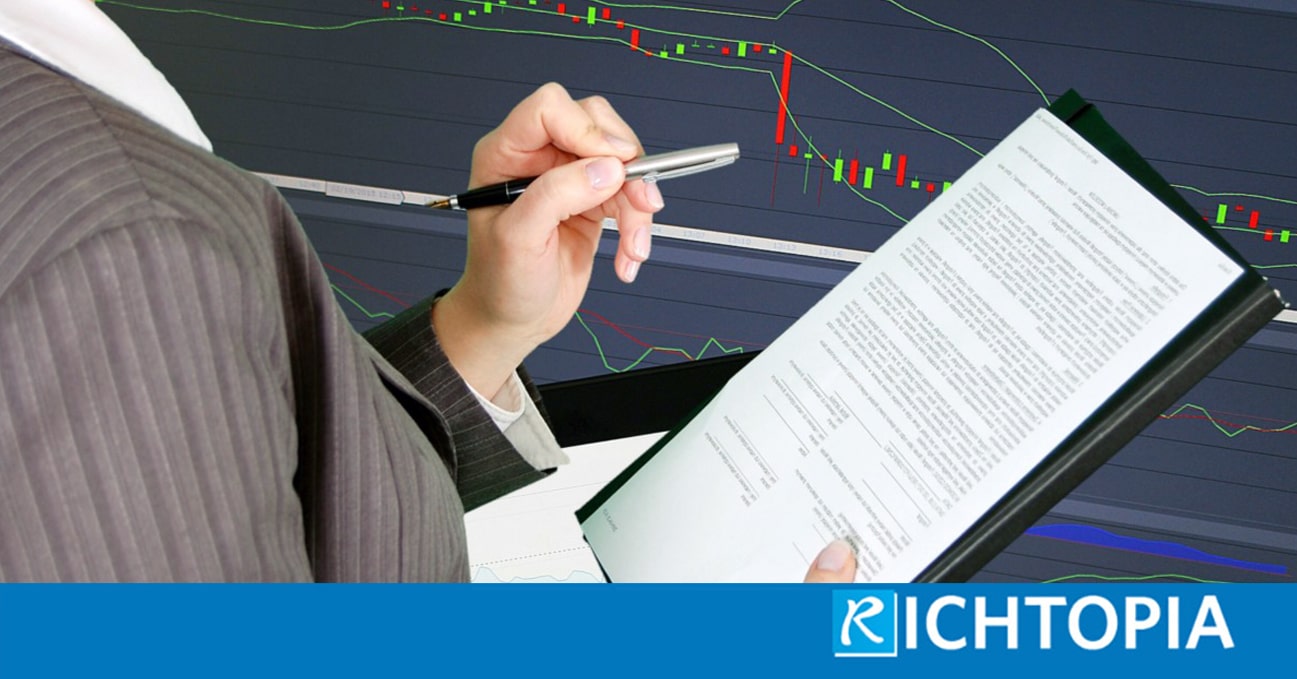Disclaimer: This is a sponsored ad.
If you have decided to trade in the financial markets, you will be happy to know that you are joining hundreds of thousands of traders worldwide who take advantage of the many lucrative trading opportunities in the markets on a daily basis. The fact is though, not everyone is successful when they trade online and only a small percentage of traders actually make real profits. So, you might be wondering what qualities you need in order to make you a good trader?
1. Market Knowledge and Continued Education
Investing your time to get a good trading education is important if you want to be a successful trader. Financial trading is not a get-rich-quick scheme and success in this market relies extensively on a trader’s ability to predict and forecast the future movements of assets by understanding their current and past trends. This analytical and precise thinking can only be built through market knowledge and continued education.
To gain access to a comprehensive educational center, it is best for you to partner with the best forex broker that offers a wealth of trading tools and resources. Top brokers provide direct access to an extensive video library, webinars, eBooks, daily market analysis, terminology guides and even a demo trading account. This allows you to test the trading platform and to experience trading in a live environment without the risk of losing any money.
2. Trading/ Investing Psychology
Before you trade, it is also vital for you to have a clear understanding of your personality, character and risk tolerance. Do you have the discipline to trade in a consistent manner without being controlled by your emotions? Are you able to make quick decisions if the markets move against your speculation? Will you overreact if you lose a trade? There is a very clear psychological component to trading, and this factor should never be overlooked. Knowing who you are, and being aware of how emotions, such as fear, can impact you, are important qualities of a good trader.
3. Follow a Strategy or Plan
A trading plan will enable you to create a systematic method for trading assets and for identifying trading opportunities in the market. The plan will need to take into consideration your trading objectives, how much time you have to dedicate to your trading activities and how much capital you have to invest. The plan should also include information about when and why to enter or exit a trade, your risk management rules, and your trading system and strategies. The plan ensures that you stay on your defined path and that you trade within your defined limits.
4. Setting Realistic Goals
Everyone wants to profit when they trade online. However, if you set a goal based simply on the amount of money you would like to make, you are likely to neglect the process required to gain that success. Instead of setting your goal as making $2,000 by the end of the month, it would be more effective for you to set a goal that states you would like to learn and understand fundamental analysis by that time. It is the process of learning how to trade that will help you to make the profits. Ensure your goals are realistic, measurable and specific.
5. Money Management
Managing your trading capital is vital for long-term gains in the financial markets. Before you start trading, you need to clearly know the costs of trading. Are there any fees or commissions you need to pay to the broker? How does leverage work? Should you use stop losses on all your trades? The best forex brokers in the industry will ensure that you have access to a wealth of information so that you are able manage your money more effectively. By knowing the exact amount of your overall capital, you will also be able to determine the upper limit of your position size while trading. Remember, since the forex market is so volatile, it is also risky. Money management is therefore is a non-negotiable success factor.
6. Risk Management
Managing your risks in the financial markets can be the difference between your success and failure. Risk management involves a variety of factors, which help traders to control their trading risk. This could be limiting your trade lot size, limiting trading to only certain hours or days, hedging, knowing when to stop trading, and how to control your losses. Keeping your risk under control is at the core of risk management. By limiting your risk when you trade, you are able to ensure that you can continue to trade even when things do not go as planned as you will be prepared. Proper risk management is an important quality of a top trader.





